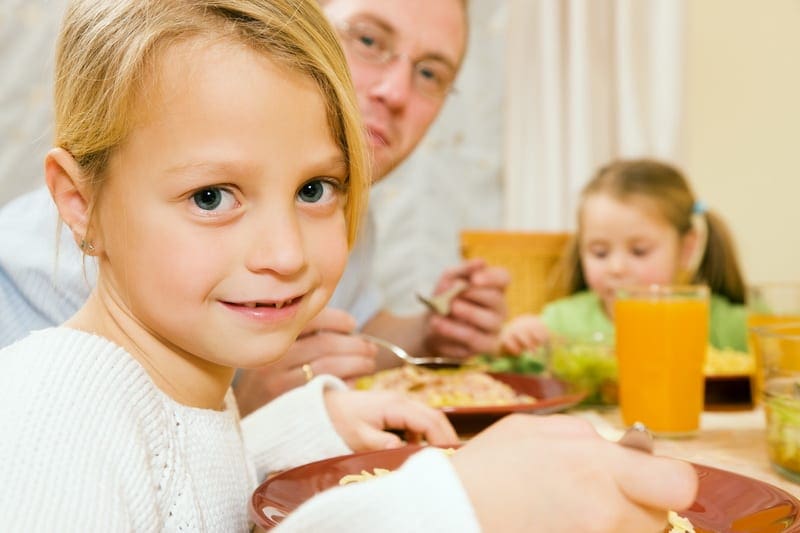Kids who bully are often being bullied themselves, as it’s a way to build social status and skirt around peer pressure. Unfortunately, some kids are merely repeating behavior they’ve witnessed in their home life or among family members. It’s a cycle that needs to be stopped in order for all children to feel safe at school and at home.
Parents of bullies often have a tough time believing that their child could be the one causing harm to another. But the truth is, anyone can be a bully – even so-called “good” kids. These are kids who are usually socially active, involved in community programs and generally seem sweet and gentle. If you suspect that your child might be bullying someone, talk to them about it. Try to get to the root of the problem and help them find other ways to express themselves or deal with their feelings.
They may be popular, and because of that, their parents often assume that their child would never do such a thing. But bullies will often not present their bullying side to the adults in their lives.
The warning signs that your child is bullying other people can be subtle, but if you know what to look for, they can be easy to spot. If you suspect that your child is involved in bullying, talk to them about it and try to get to the bottom of the situation.
If your child is often involved in arguments with other kids, especially one particular child, he might be a bully. Alternatively, if he’s frequently in physical confrontations, he might be bullying others.
Keep an eye on who your child is hanging out with at school. If you notice that the kids they associate themselves with have a history of being bullies, then it’s likely that your child is bullying others as well. Those who engage in bullying behavior often choose to surround themselves with others who also bully.
If you notice signs of anger, aggression or contempt for authority in your child, it’s possible that they may be bullies. Often, people who bully others have an entitlement complex. They feel like the world owes them something, and they don’t want to take responsibility for their lives. If you’re concerned that your child may be exhibiting these behaviors, it’s important to talk to them and see how they’re doing at school or with their friends. Bullying can be a sign of deeper emotional issues, so it’s important to get to the root of the problem and help your child learn how to cope with their feelings in a healthy way.
If you don’t do your homework, you might try to blame it on someone else or the teacher. And if you get a bad grade, again, you might be quick to look for someone to point the finger at. These could be signs that your child is stealing. If you notice expensive items that don’t belong to him, this is especially concerning.
If you discover that your child is the bully, it’s important to handle the situation correctly in order to change their view of bullying. He or she may be getting the money to buy things from somewhere you don’t know about. They may also be very concerned about how others perceive them. Sit down with your child and explain to them calmly what bullying is and why it’s wrong. Show them examples of how it has hurt other people. Try to get them to understand how it feels to be on the receiving end of bullying. Help them see that it’s not a joking matter and that it can have serious consequences.
When the school administration tells you that your child is bullying others, it’s important to follow up and take their word for it. It’s also crucial to get to the bottom of why your child is lashing out in this way. Oftentimes, those who bully are trying to express pent-up emotions and see bullying as a release valve of sorts. If your child is a bully and doesn’t understand the harmful consequences of this behavior, talking to a counselor can be very beneficial.











